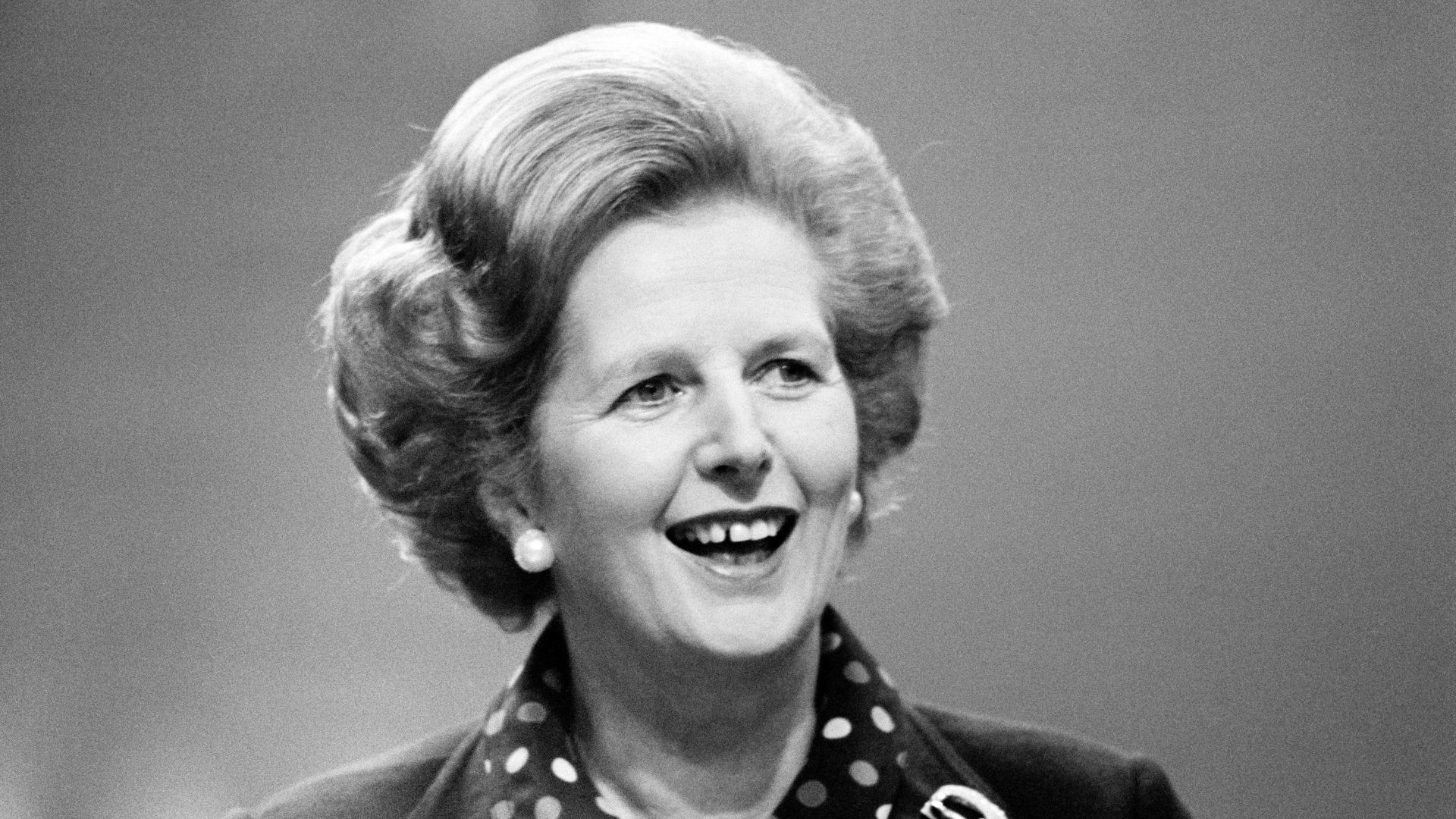If you’re unlucky or foolish enough to still be on the social media network formerly known as Twitter today, you’re probably seeing quite a lot of mentions of Keir Starmer and Margaret Thatcher.
Reading just a handful of those posts would be enough to have you believing that Starmer gave a stirring public address endorsing the entirety of her legacy and pledging to be a leader in her mold. Looking at a few of the more extreme ones, you’d assume he’d endorsed her foul, socially conservative legacy.
Given the Twitter left’s ongoing reputation for careful and sober analysis, you might be expecting to read something here casting doubt as to whether a man who spent his career as a human rights lawyer did, in reality, endorse Thatcher in such a way. Sadly, I’m not going to disappoint on that front. Once again, Twitter and reality have fairly thoroughly detached from one another.
Keir Starmer wrote a piece in last weekend’s Sunday Telegraph. For some on the left, that in itself is a mortal sin, but such people can and should be safely ignored – for Labour to win, it needs people who voted Conservative in previous elections to vote Labour next time.
Every Labour leader who has won a general election has understood this very simple point. Given almost every Labour target seat is currently held by Conservatives, any vote that swaps from Tory to Labour counts double – it is one less in their count, and one more in Labour’s. So if you can appeal to such voters without selling out your core message, it is vastly to the good.
That means we have to look at what Starmer sold out in his apparent endorsement of Thatcher. He name-checked three leaders in his Telegraph article: he specifically cited Thatcher’s unleashing of the UK’s entrepreneurialism. He then also mentioned by name notable red Tory Clement Attlee, as well as Tony Blair.
Any sensible reader of the article would note what those three had in common: they were the three winners of “change” elections since world war two, along with David Cameron in 2010. Attlee won and built the modern welfare state. Blair won and provided the biggest boost to public spending in modern political history.
Starmer then offered some lukewarm praise to the one change-maker on the other side – and few advocate for a return of the stultifying 83% top rate of tax Thatcher inherited in 1979 (which even Corbyn did not advocate for returning).
Thatcher once reportedly suggested that Blair, more than Major, was the heir to her legacy – and Blair, knowing that it couldn’t hurt for shy Tory voters to hear that, didn’t exactly go out of his way to repudiate that. Clever politicians want to cause doubt and division among their political opponents, and to suggest to their voters they would be more at home with their party than their rivals.
What Starmer did in that context was perfectly normal and sensible political framing – it is just that some of those ostensibly on his own side dislike him more than they dislike the Conservatives. Everything must be a betrayal or a rejection of decency, the worst spin on everything must be made. People want someone who will say what they want to hear more than they want a Labour government.
Starmer’s big “betrayal” on immigration is to say that he wants to tackle the criminal gangs behind small boats – a change of emphasis versus the current rhetoric that is totally ignored. He wants to spend £28 billion a year on green investment, coming from the public sector. His team has pledged a large expansion of workers’ rights in the first 100 days of government. He’s promising more houses, including a large portion of them as social housing.
All of that must be ignored, of course, because the real focus is whether or not he was mildly positive about Margaret Thatcher in a bid to frame the election in a particular way – because that’s what ‘really’ matters. Is the man trying to get the Conservatives out of office the one betraying the left, or is it the ones who are maniacally trying to stop him?











